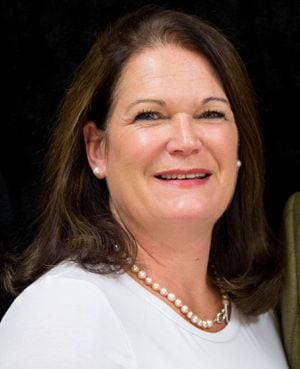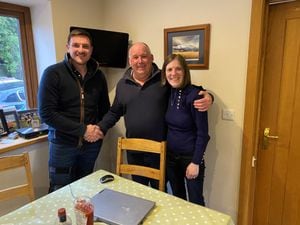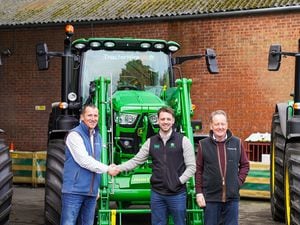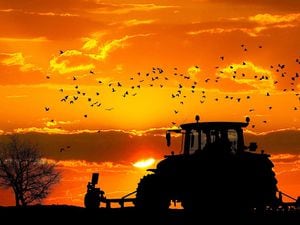The vegan, the farmer, and the value of land
I rarely shout at the radio.

A few weeks ago was an exception. Listening to a fanatical vegan activist shouting at Jeremy Vine on Radio 2 made my blood boil. He seemed incapable of having an intelligent and balanced conversation and continually accused farmers of being murderers. No surprise, then, that are we getting increased reports of organised protests at livestock markets and farmers being threatened by a small minority of vegan activists.
Now don’t get me wrong. I don’t mind what you eat or wear or use in your daily life. What I do mind is uninformed people trying to inhibit the ability of others to go about their lawful business and disrupting an already struggling industry. The UK has some of the highest levels of animal welfare in the world of which we, as livestock auctioneers, are proud.
There are, however, much wider issues to consider if we are going to go ‘meat free’. Scientists are predicting that, when our global population hits the forecasted 9.5 billion in 2050, we will need 60 per cent more food just to survive. As Brexit negotiations trundle slowly on, the rest of the world is gearing up its meat production to feed the growing population. Couple this with the developments in engineered food and UK farmers may struggle to compete in the wider-world meat-market.
More fundamentally let’s consider what happens to pasture land if we don’t graze stock? Jane Rickson, Professor of Soil Erosion Cranfield, warns that we need to focus on maintaining the integrity of the soil to protect it for the future. After all, as an island, the land is all we have. What better for the land than the natural fertiliser of manure from grazing stock?
In 2010 the UK Agricultural Census reported that British agricultural area consisted of 61.9 per cent permanent grassland and meadow. With no grazing stock, active farming or conservation management, nearly two thirds of our land could become derelict, barren and, more importantly, worthless in no time. Farmers live in a constant dichotomy of balancing maximum production with their role as custodians of the land for the next generation but, like the rest of the population, they need to make a living. A global shift to a plant-based diet could, undoubtedly, have a dramatic effect on the value of land – arguably the farmer’s greatest asset.
If succession planning was important on your farm before, it should now be one of your primary objectives. We need to be able to compete in world markets; we need to preserve, protect and improve the land for the future; and we need to protect the value of our land.
Louise Taylor MA, MSc, Dip HRD is Managing Partner in Barbers Rural Consultancy LLP and Managing Director of Taylor Millbrook Ltd.





